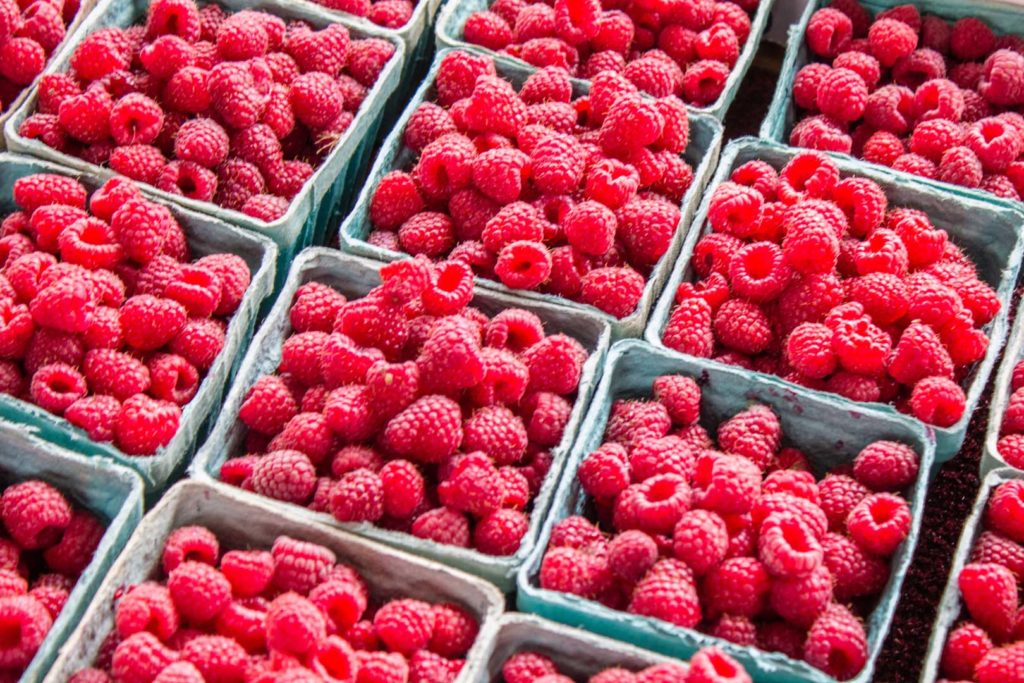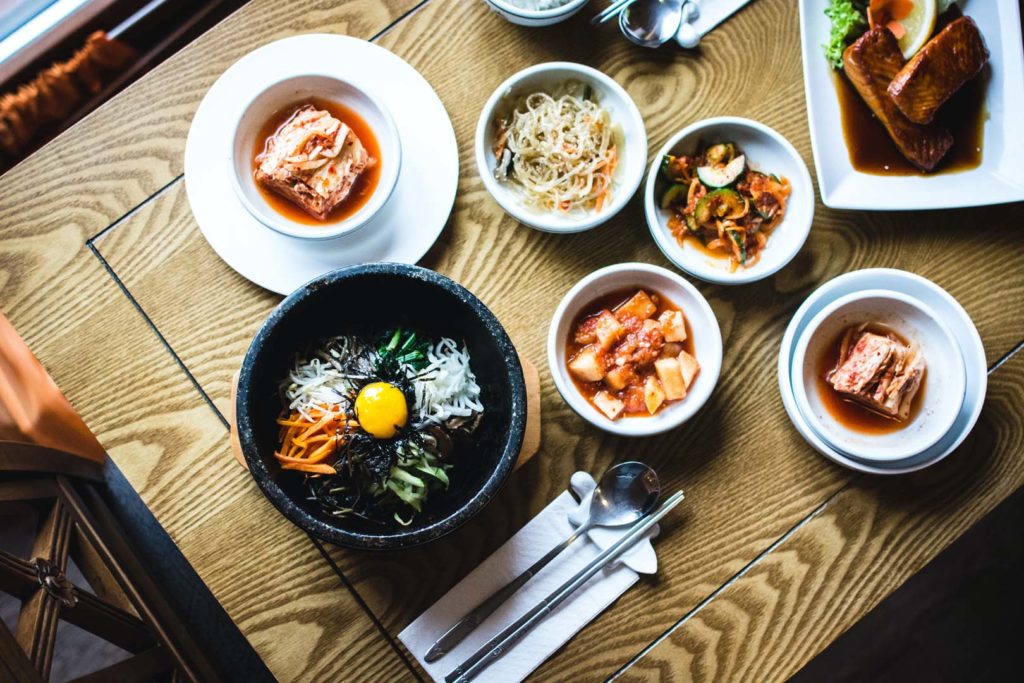There are trillion of bacteria in our body most of them traveling through our stomach and taking residence in our intestines. These bacteria are greatly important to maintain good gut health, and gut health means overall good health.
To maintain good gut health one needs to eat a diverse range of organic foods. Unfortunately the regular food we find in our local supermarkets if they’re not organic, they are chemically processed and full of sugar, additives, and preservatives.

Fruits, legumes, beans and vegetables are great sources of nutrients for gut health. Foods that contain high fiber and are essential to keep our second brain healthy (the gut) are:
- Raspberries
- Artichokes
- Green peas
- Broccoli
- Chickpeas
- Lentils
- Beans (kidney, pinto and white)
- Whole grains
Eating fermented foods are also a good way to keep ‘bad’ bacteria away from our gut. The process of fermenting usually involves bacteria or yeasts converting the sugars in food to organic acids or alcohol. Examples of fermented foods include:
- Pine nut Yogurt byLavva
- Kimchi
- Saurkraut
- Kefir
- Kombucha
- Tempeh

Many of these foods are rich in lactobacillus. They are a probiotic and also promote the growth of other beneficial bacteria in our microbiome, which makes them pretty upstanding members of the ecosystem.
However, it is important to note that many yogurts, especially flavored yogurts, contain high levels of sugar. That’s why I’m suggesting pine nut yogurt by Lavva. The original flavor doesn’t contain added sugar. It’s also important to stay away from artificial sweeteners of any kind. Taking daily live probiotics that you can find in your local health food store is a good habit to have to promote good bacteria in your gut.
Resistant starch can also be prebiotic. This type of starch is not absorbed in the small intestine. Rather, it passes into the large intestine where it is broken down by the microbiota.
Foods that contain resistant starch include:
- Plantains and green bananas (as a banana ripens the starch changes to a regular starch)
- Beans, peas, and lentils (white beans and lentils are the highest in resistant starch)
- Whole grains including oats and barley.
- Cooked and cooled rice.
Some additional suggestions are:
- Eat whole grains
- Eat a plant-based diet as much as possible
- Eat Foods Rich in Polyphenols
Our brain and gut are connected by an extensive network of neurons and a highway of chemicals and hormones that constantly provide feedback on every feeling we experience, from how hungry we are, to whether or not we’re experiencing stress, or if we’ve ingested a disease-causing microbe. This information superhighway is called the brain-gut axis and it provides constant updates on the state of affairs at your two ends. That sinking feeling in the pit of your stomach when you get stopped for speeding, or when you get news of a loved one being ill, are vivid examples of the brain-gut connection at work. You’re stressed and your gut knows it—immediately.
© Copyright – Hector Sectzer

















